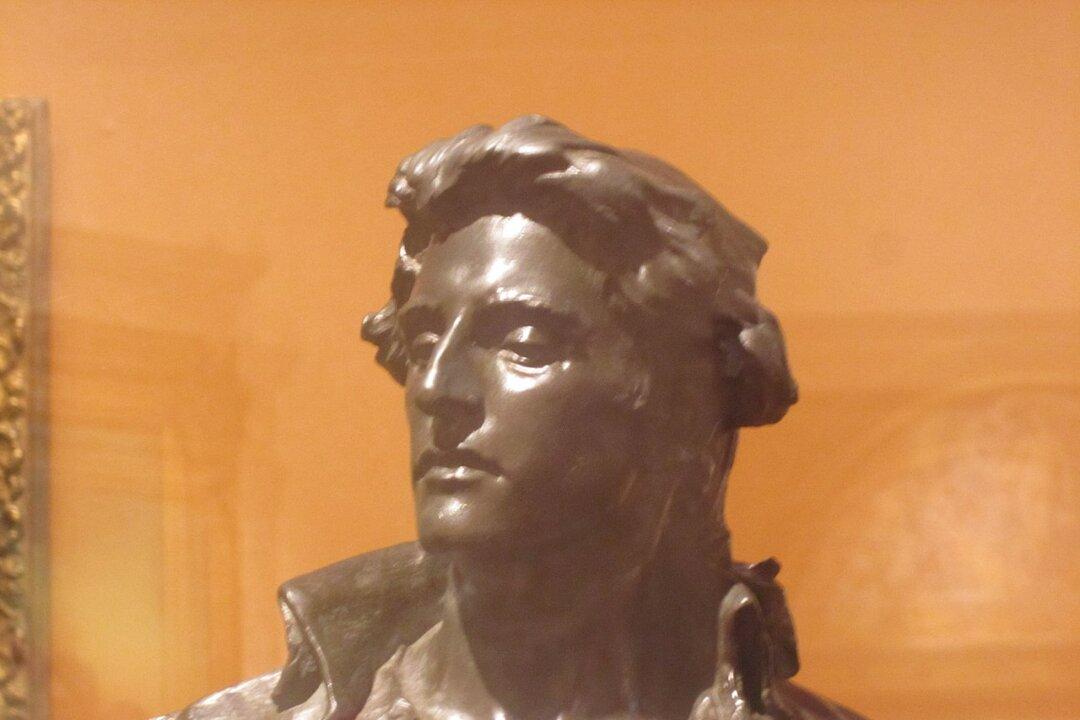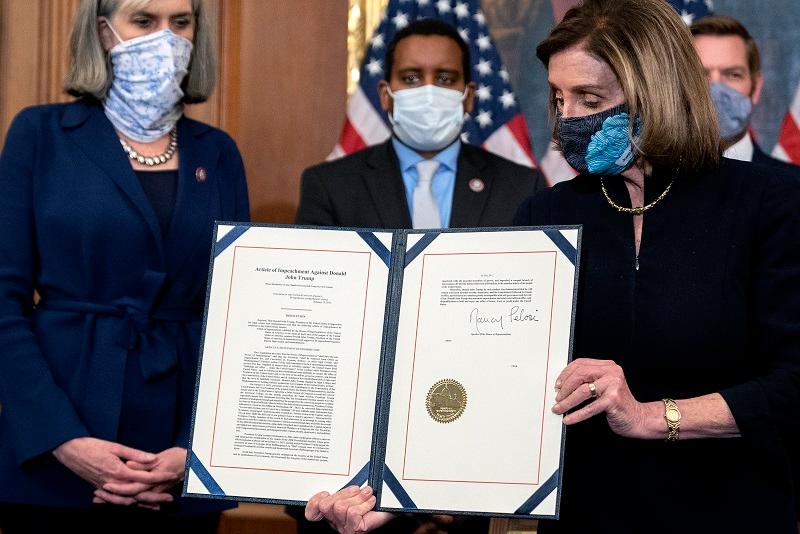It’s the fall of 1776 and New York City is under attack. The Declaration of Independence had birthed the United States of America barely two months earlier, and there was no turning back for the colonists. General George Washington had freed Boston in March and was slowly turning his army into a genuine fighting force.
All eyes are now on New York City. The British first invaded Staten Island, then defeated the Americans on Long Island, forcing Washington’s retreat to Manhattan. The colonial General is now planning a counterattack to keep from losing all of New York City. As both sides dig in, Washington knows he will lose New York unless he can obtain good intelligence on the troop movements and fortifications of the British.




